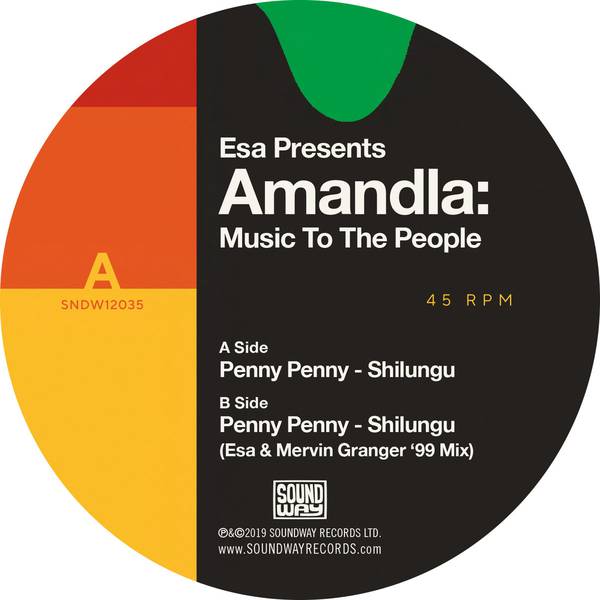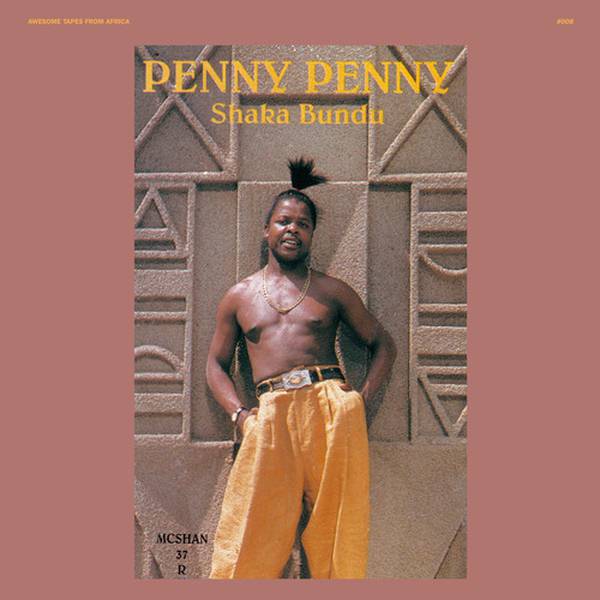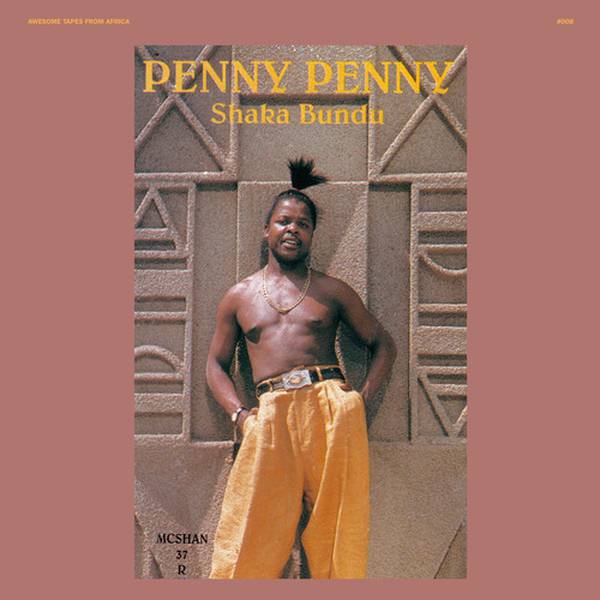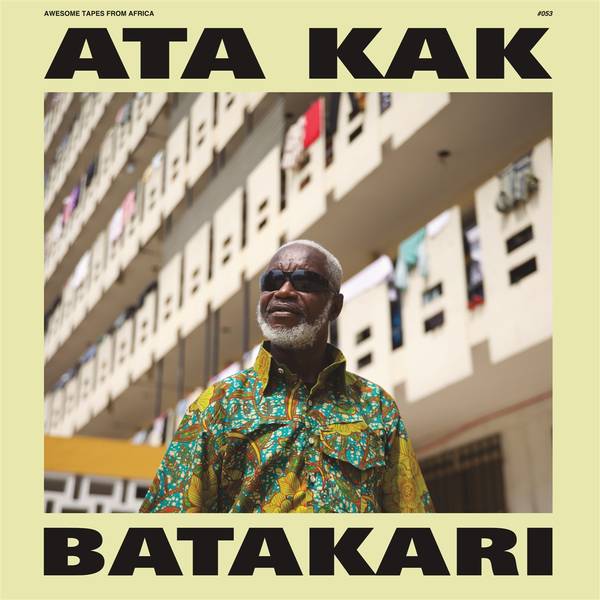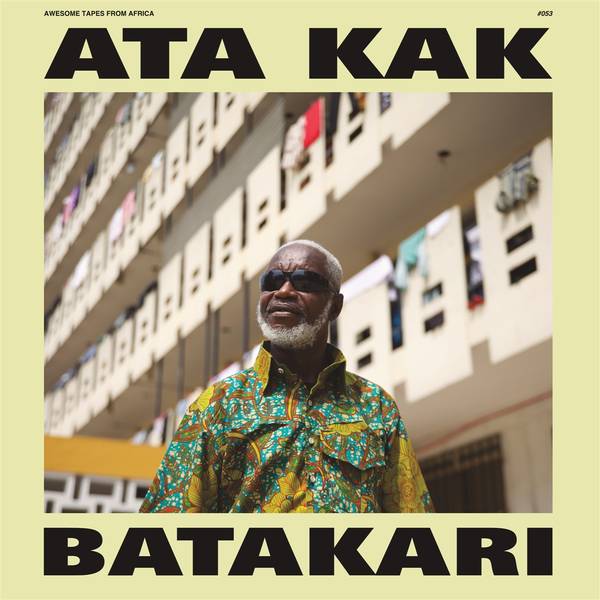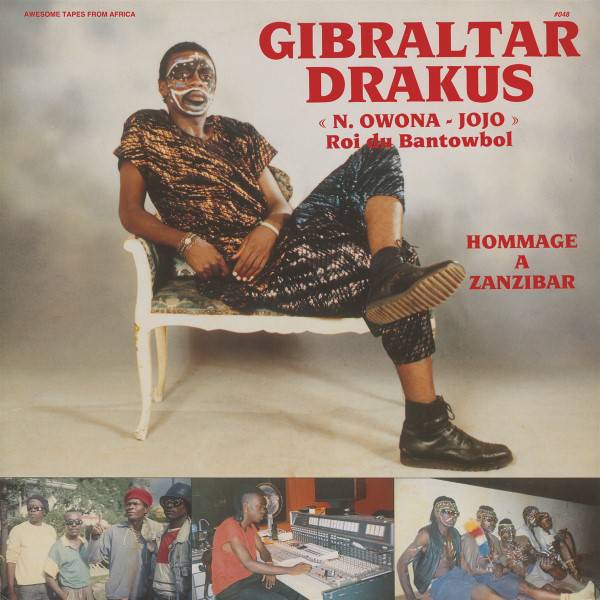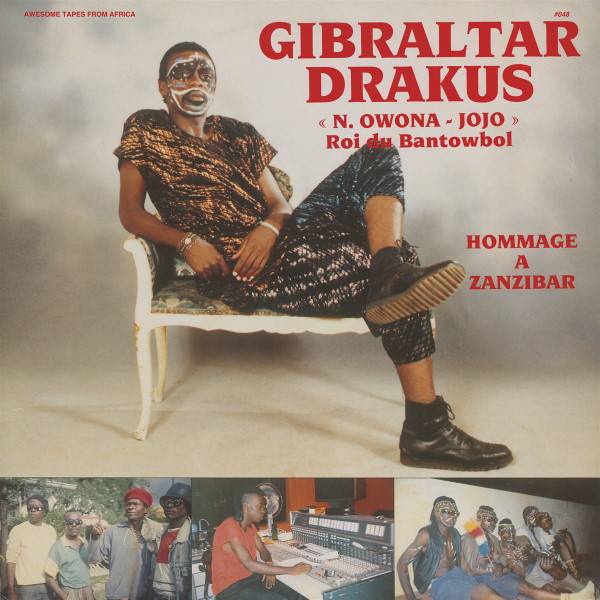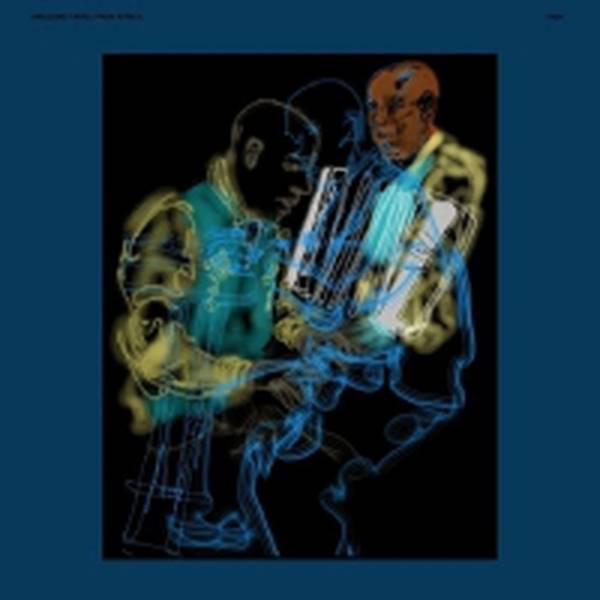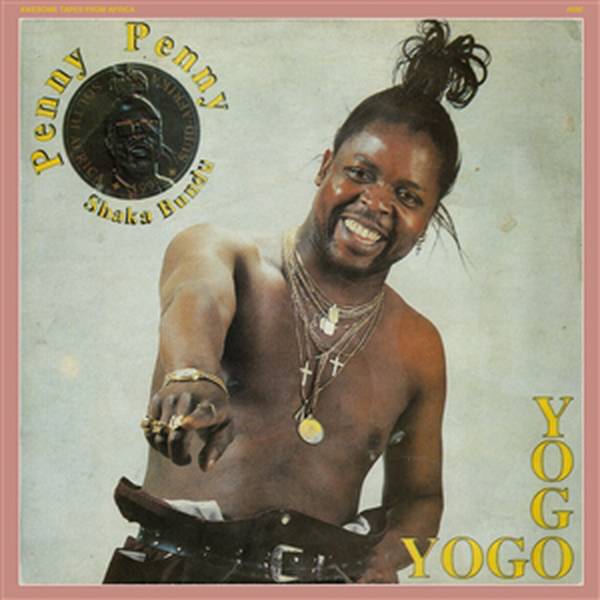
Tax included, Shipping not included
The rags-to-riches chronicle of Penny Penny's life would be remarkable if he had only released his smash debut Shaka Bundu and packed houses for a few years. But the inimitable South African singer and dancer known for his trademark top ponytail and emphatic anthems was no one-hit wonder. In the aftermath of Shaka Bundu's nationwide explosion, far beyond his country the album resonated with ever bigger audiences. He performed up and down the continent, building fanbases in more than a dozen countries. So his sophomore album Yogo Yogo - released in 1996 - solidified Penny Penny's standing in pop music nationally and provided new energy to his pan-African stadium-filling adventures. "I was very busy between Shaka Bundu and Yogo Yogo. Shows every week, local and outside the country. There was no relaxing from 1995 until 1999." The album also reflects the era in which it emerged. If Shaka Bundu arrived triumphantly amid newfound political freedom in South Africa with the end of Apartheid and Nelson Mandela's election, Yogo Yogo was a next level expression for the maturing artist. He wanted to get a message out. Composed with Joe Shirimani, who also produced the album, the sound and compositional style echoes the earlier recording but the topical nature of the lyrics became more deliberate, more didactic. In the song "Ingani" Penny proclaims, we are all one people even though we may speak different languages, we are all NguniâÇ"a larger historical grouping that includes many of the ethnic groups in modern South Africa. "Kulani Kulani," which means grow up, urges young people to say no to drugs and yes to education. Ama Owners, referring to the public transport drivers involved in violent rumbles, asks the nation's drivers to relax because we need them for our safe arrival. Penny's success as a Xitsonga artist should not be under-estimated in the context of popular music at the time in South Africa. "When I started with my own style and image, first time in Shangaan we had artist like me," Penny explains. "Our music was traditional before. But I brought a mix of rock and disco and it became the bomb. Every star won't be popular without your own style." It took them eight days to finish album, writing the songs in the studio. Penny says, "The songs just happened. Joe is very good at listening and producing, he has lots of patience. When he played the keyboard I would sing, standing behind him once he finished the rhythm, I would sing it all in one take, non-stop. We were not using computers to record, we were singing live. And we pressed the music on cassette and vinyl - not CD - back then." Fast-forward to 2020, Penny Penny is deep in the political game and appears on television 6 times a week as the star of his own reality TV show, "Papa Penny Ahee!". He is setting up an avocado farm and provides fifty families in his region with food every month via his charitable foundation. Penny still plays huge shows around South Africa and will appear at some Europe's biggest festivals in 2021.
Details
Genre
Release Date
14.08.2020
Cat No
00141471
Produkt- und Herstellerinformationen
